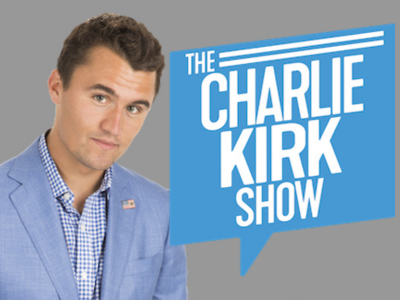Prosecutors already have dropped nearly a dozen cases from Trump's DC crime surge, judge says
News > Top Stories

Audio By Carbonatix
12:18 AM on Wednesday, September 17
By MICHAEL KUNZELMAN
WASHINGTON (AP) — More than 50 people have faced federal charges in Washington, D.C., since President Donald Trump’s emergency law-and-order surge began last month. Already, prosecutors have dropped at least 11 of those cases, an unusually high collapse rate that judges say is wasting court resources.
The dismissals highlight the risks of Trump’s emergency surge strategy: an unprecedented flood of arrests that has produced headline-grabbing numbers but faltered under judicial scrutiny, with some of the most serious cases — from assaults on federal agents to gun charges — unraveling before they ever reach trial.
On Tuesday, U.S. Magistrate Judge Matthew Sharbaugh dismissed two felony assault cases at the request of U.S. Attorney Jeanine Pirro’s office. He delivered a blunt warning from the bench as he questioned whether prosecutors are making charging decisions before cases are properly investigated and vetted.
“That’s not the way it’s supposed to work, and it has real-world consequences,” Sharbaugh said. “This is becoming a real concern for the court just given the sheer numbers.”
Judges aren’t the only ones pushing back. Grand juries have refused to return indictments at least eight times in six separate cases, an extraordinarily rare rebuke that underscores skepticism about the strength of the evidence in surge prosecutions.
Trump claims his emergency 30-day deployment of federal agents and National Guard members is making the streets safer for District of Columbia residents.
One of the cases Sharbaugh dismissed involved Scott Pichon, accused of spitting on two members of the South Carolina Army National Guard outside Union Station on Aug. 22. Prosecutors dropped the felony assault count and instead charged him with misdemeanors in D.C. Superior Court, which handles local criminal matters.
The other case was against Paul Nguyen, accused of assaulting a federal agent who tried to break up a street fight on Aug. 23. Prosecutors abandoned that felony entirely, and Nguyen isn’t facing any new charges.
Nguyen, who appeared in court wearing a sling, said his arm was broken during his arrest and that he spent five nights in jail before being released.
“It was the scariest experience of my life,” he told reporters.
During separate hearings, Sharbaugh has asked prosecutors to explain why they were abandoning the felony charges against the two men. Prosecutors in both cases said the decision to drop the charges was made after reviewing the evidence. They didn't specify any particular problems with the evidence.
The White House says over 2,000 people have been arrested since the federal intervention started on Aug. 7. At least 52 people arrested on surge-related offenses have been charged in district court, according to an Associated Press review of court records. Many more surge cases have been filed in Superior Court.
“U.S. Attorney Pirro and her office, in charging over 1,700 cases, follow the evidence wherever it leads, constantly evaluating each case as it develops to rigorously follow the law and to bring swift justice — including a dismissal when it is in the interest of justice,” office spokesperson Tim Lauer said in a statement.
Sharbaugh, who was appointed last October, is one of four magistrate judges presiding over initial court appearances and detention hearings for people charged with surge-related offenses in district court.
Earlier this month, Magistrate Judge Zia Faruqui said leaders of Pirro’s office have tarnished its reputation with how they are handling the deluge of cases. He said Pirro’s office is routinely bringing cases that don’t belong in federal court and needlessly keeping people in jail for days while they evaluate charges.
Pirro, a former Fox News host who was appointed by Trump in May, responded by accusing Faruqui, a former federal prosecutor, of allowing his personal politics to cloud his judicial judgment. She also criticized grand juries that separately refused to indict two people who were charged last month with threatening to kill Trump.
“The system here is broken on many levels,” Pirro said in a statement.








